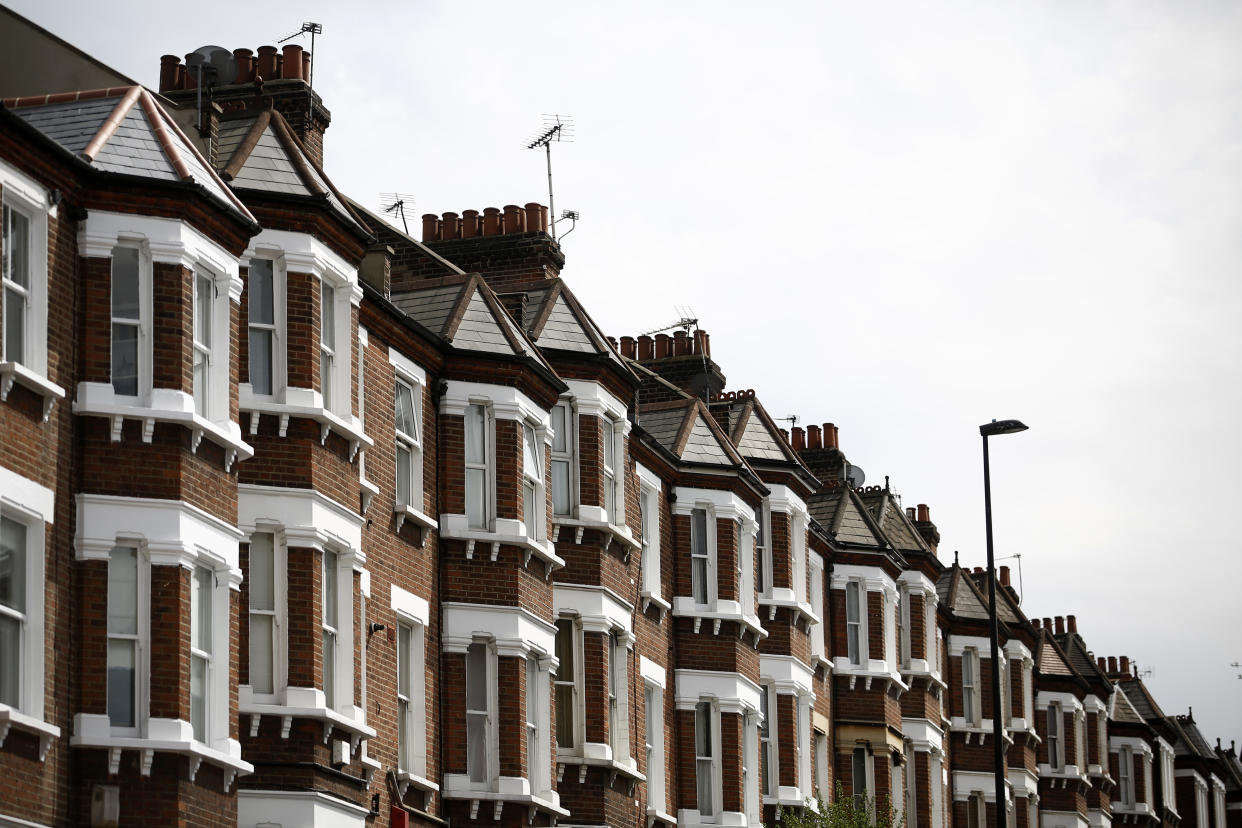The hidden cost in your mortgage and how to avoid it

When you’re taking out a mortgage with a fixed-term period, you’ll probably notice a rather alarming figure in all the documentation—the early repayment charge.
It is levied on borrowers who repay the balance of their mortgage before the end of the fixed-term period when the interest rate becomes variable.
Charging customers for repaying their mortgages early sounds counterintuitive—why would they punish you for paying back your debt much sooner than expected?
Lenders use the charge to make sure they don’t lose money on your mortgage.
Sometimes a lender will borrow money to fund a customer’s mortgage. It means the lender is also paying interest on the loan amount.
When the lender offers you a competitive interest rate for the fixed period, it is calculated so the mortgage is still profitable to them by more than offsetting their own borrowing costs.
But if you repay your mortgage early within a fixed-term period, the lender will not get the full amount in interest payments from you as initially agreed.
This leaves the lender exposed to losing money on their own repayments, so the early repayment charge mitigates this risk.
The early repayment charge is expressed as a percentage of the remaining mortgage balance, meaning it can cost you thousands of pounds if you fall foul of it. For example, if you had £100,000 left on your mortgage, and an early repayment charge of 5%, the fee would be £5,000.
That’s a lot of money. But there are a number of ways to avoid facing an early repayment charge.
First, and most simply, do not remortgage until the end of your fixed-term period. Time your remortgage so the new product begins as the fixed period on the old one ends.
Second, you can find mortgage products that are flexible, usually with a variable interest rate, that do not have any early repayment charge attached.
Third, if you are buying a new home in the middle of your fixed-rate period, many lenders allow you to “port” your mortgage over to the property you’re purchasing, avoiding the early repayment charge.
Last, if you feel an early repayment charge was unfairly applied to you, perhaps because its existence was not made clear when you first took out the mortgage, you can appeal to the UK’s Financial Ombudsman, which will investigate your case and make a judgment.


